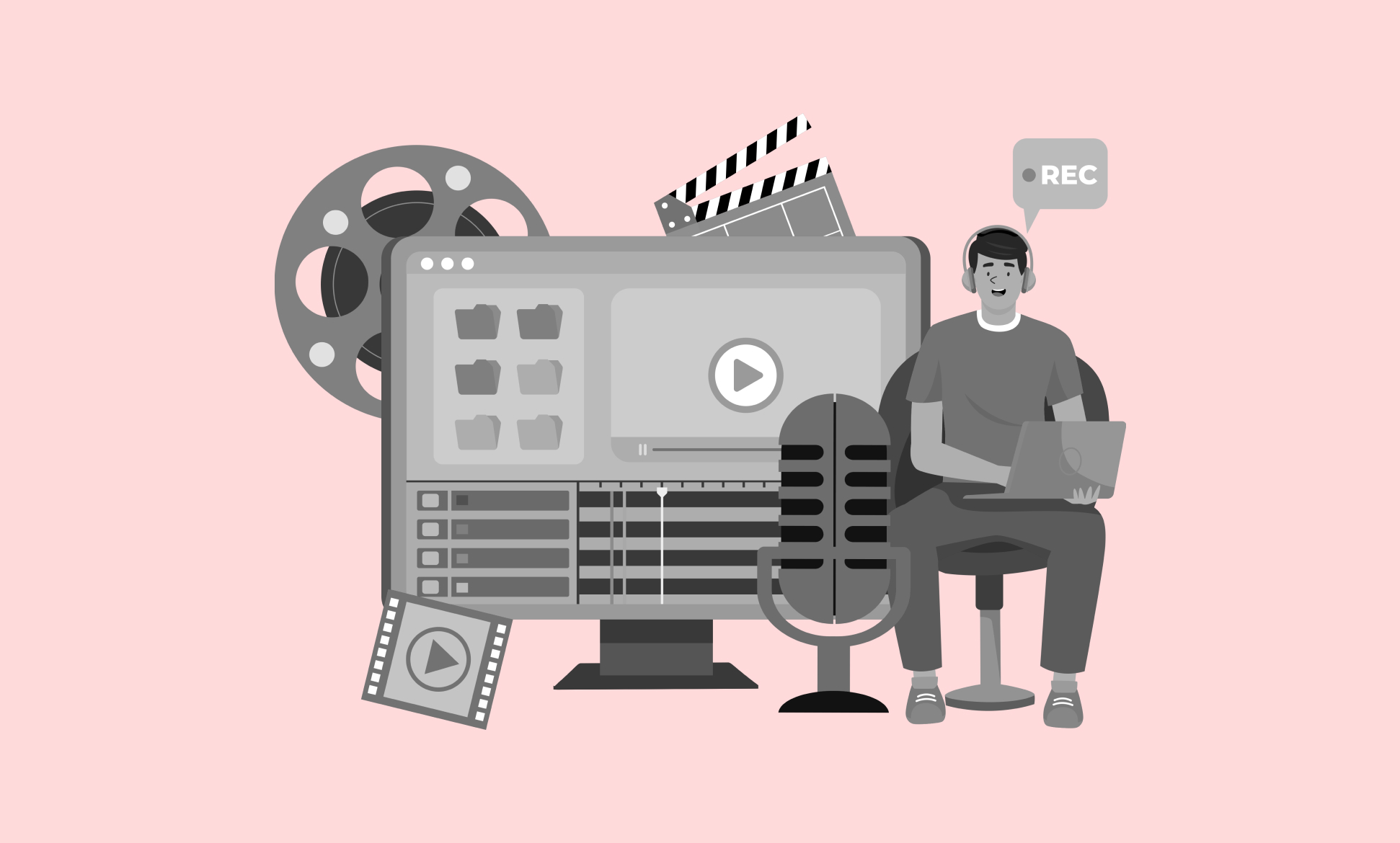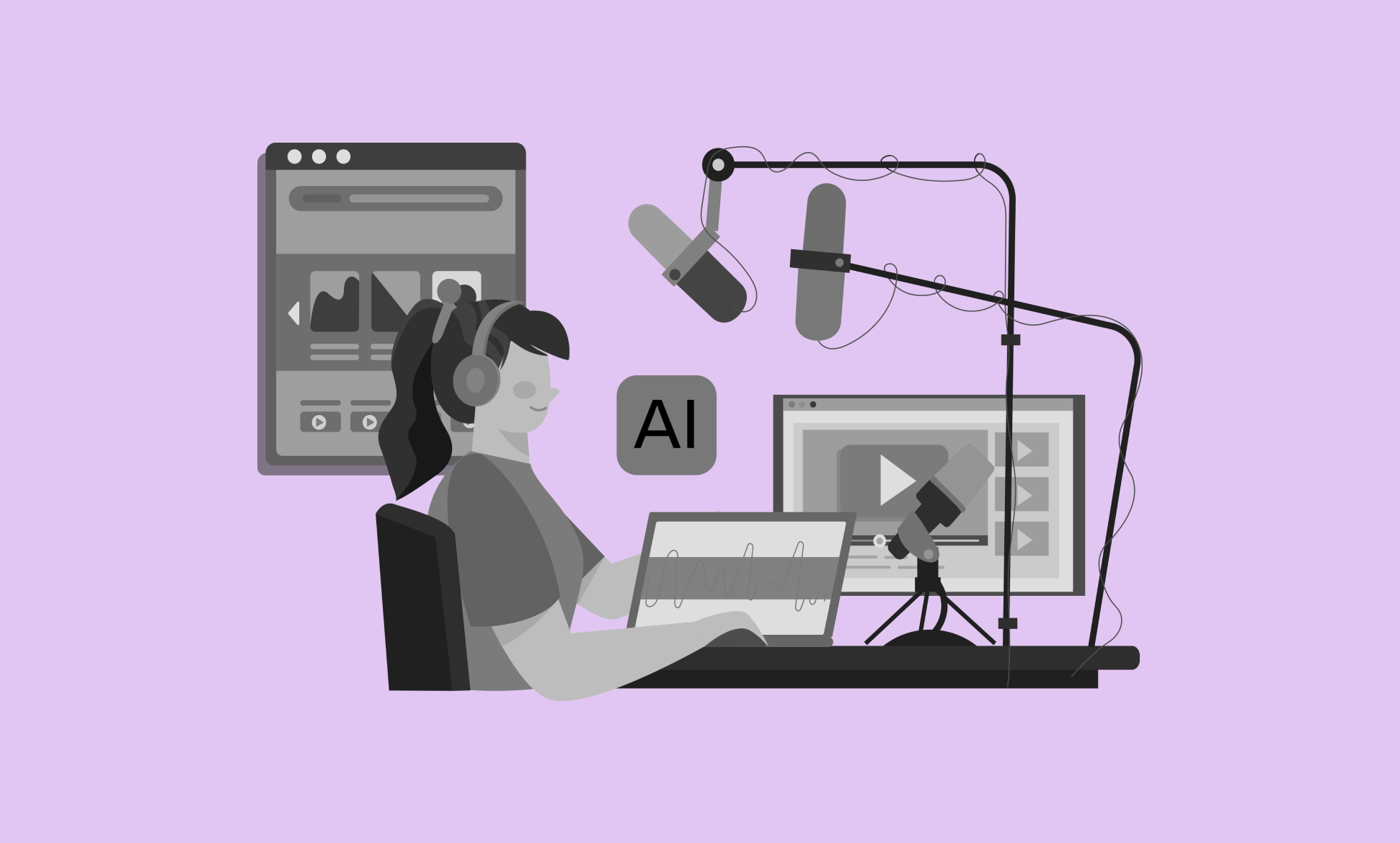When it comes to podcast analytics there are a lot of myths and misinformation out there. Part of that is linked to a lack of education in the podcast space. Given podcasting is a relatively new medium, many podcasters and listeners don’t yet have a deep understanding of how analytics work.
This lack of understanding can lead to misconceptions about how analytics are collected, interpreted, and applied.
In addition, a lot of podcast hosting platforms don’t provide detailed explanations or documentation about how their analytics work. This lack of transparency causes speculation as people try to fill in the gaps with their own assumptions and guesswork. Also, the fact that podcast hosting platforms and analytics tools may use different definitions and metrics can add to the confusion.
The truth is analyzing podcast data and understanding audience behavior can be complex. It requires a combination of technical knowledge, statistical analysis, and interpretation. Misinterpretation of data or overlooking important nuances can contribute to the creation of these myths.
Lastly, the podcasting industry is constantly evolving, and analytics methodologies and tools are continuously improving. This evolution can lead to outdated information and myths as practices and technologies change year after year.
So today we are going to try and get you up to speed and break down the top 5 myths out there when it comes to podcast analytics. Let’s dive in and debunk them together.
1. Myth: The number of downloads accurately reflects the number of listeners.
While downloads can give you a general idea of your podcast's reach, they don't provide an accurate count of individual listeners. Many factors can inflate download numbers, such as automatic downloads, bots, or multiple downloads by the same listener. Unique listener metrics and engagement data offer a better understanding of your podcast's actual audience.
2. Myth: A high number of subscribers guarantees high listenership
Subscribers don't necessarily translate into active listeners. People may subscribe to multiple podcasts but only listen to a few regularly. Focus on metrics like episode unique listeners, completion rates, and consumption rates to gauge the true listenership and popularity of your episodes.
3. Myth: Episode length determines listener engagement
While episode length can impact listener behavior to some extent, it's not the sole factor determining engagement. Some listeners prefer shorter episodes for quick consumption, while others enjoy longer, in-depth discussions. Your content quality, consistency, relevance, and delivery are more critical for engaging your audience than focusing on a specific duration.
4. Myth: High listener numbers automatically lead to monetization opportunities
While having a large listener base is beneficial, it doesn't guarantee monetization opportunities. Advertisers and sponsors often look beyond listener numbers, considering factors like listener demographics, engagement, and niche appeal. It's essential to focus on building an engaged and targeted audience that aligns with potential advertisers' interests rather than solely focusing on growing your listener base.
5. Myth: Analytics can't measure listener loyalty and satisfaction
Podcast analytics have evolved, allowing you to gain insights into listener behavior, loyalty, and satisfaction. Metrics like subscriber retention, episode completion rates, listener feedback, and social media interactions provide valuable indicators of audience engagement and satisfaction. Use these metrics to understand what resonates with your audience and make data-driven decisions when it comes to content creation, partnerships, and areas you build thought leadership.
6. Bonus myth: Podcast analytics provide 100% accurate data
Podcast analytics platforms can provide valuable insights, but they may not always offer perfect accuracy. Discrepancies can occur due to technical issues, data processing errors, or differences in measurement methodologies across platforms. While analytics provide useful information, it’s important to interpret them as indicators rather than absolute values. In other words, don’t die on the podcast analytics hill – instead, look at things holistically.
Additionally, always work with a podcast hosting platform that is IAB compliant, this means that the platform earned IAB compliant credibility for adhering to a set of global industry technical standards in digital advertising and data. These platforms will give you the most accurate set of data.
Remember, while analytics provide valuable insights, they should be considered alongside qualitative feedback and your overall podcast goals and benchmarks. Analyzing multiple data points and aligning them with your content strategy will help you make informed decisions and grow your podcast effectively in the long run.











